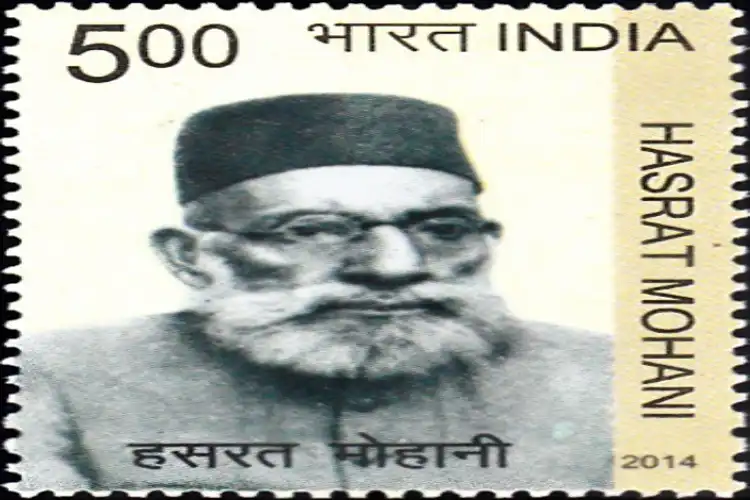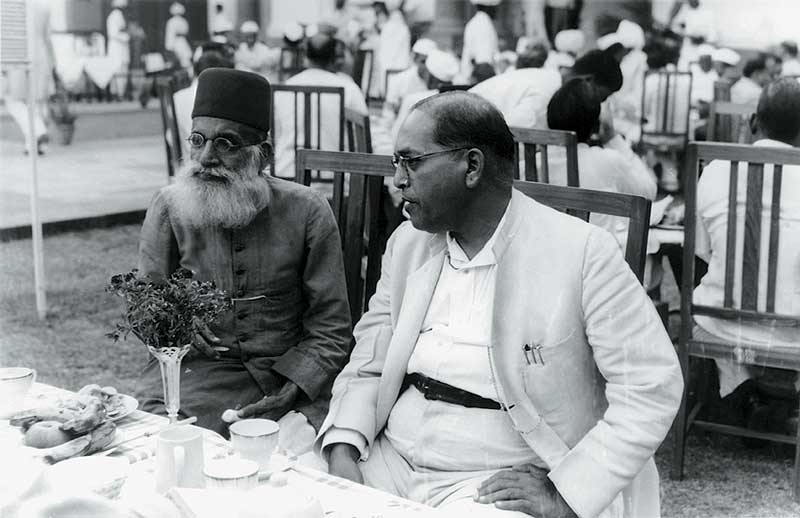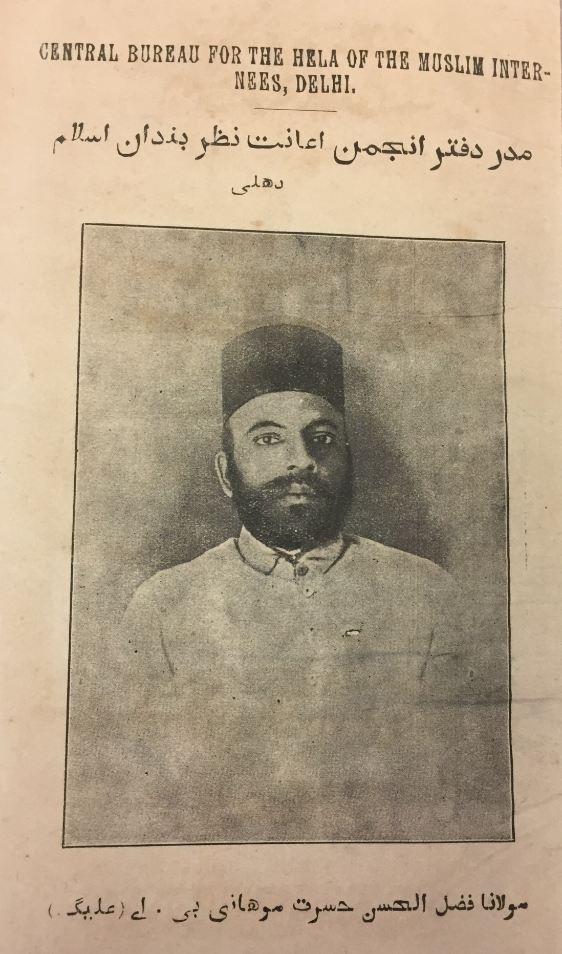
Saquib Salim
Syed Fazl-ul-Hasan better known as Hasrat Mohani was a well-known freedom fighter. He had been a member of the Indian National Congress, Communist Party of India, and Muslim League. He plunged into the struggle for freedom with the Swadeshi movement, i.e. boycott of foreign goods, in 1905 and opened a store of Indian goods in Aligarh. The British imprisoned him. In 1921, Mohani moved a resolution at the Congress session urging the party to make ‘complete independence its goal. At that time Congress was vouching for dominion status. The resolution was defeated as Mahatma Gandhi opposed it. Though, a decade later Congress declared ‘complete independence’ its goal. An acclaimed writer, Mohani coined Inquilab Zindabad (Long live the revolution) and this slogan was to inspire revolutionaries to fight the British.
In 1946, the elections were held as the Constituent Assembly was being formed. Members were chosen through a separate electorate system, wherein Muslims, Hindus, and Sikhs voted for the candidates of their respective religions. United Provinces, now Uttar Pradesh (U.P), had eight Muslim seats and Hasrat Mohani was elected from one to the Constituent Assembly. When the draft of the Constitution was completed and put for the signatures, he refused to sign it. He believed that India needed a more progressive Constitution and he was the lone voice of protest during the Constituent Assembly debates. He argued for a joint electorate, federal structure, preamble, and land to the tiller.

Hasrat Mohani with Bhemrao Ambedkar
Mohani entered the Assembly questioned the legitimacy of the Constituent Assembly. In his view, a body elected through separate electorates could not be a representative body of the nation and therefore fresh elections with joint electorates should be conducted to form a Constituent Assembly. He believed that in free India there is no space for communal representation and politics. In his first address to the Assembly, Mohani said, “the Draft Constitution of India be postponed till the election of a fresh and competent Constituent Assembly based on the joint electorate and the formation of political rather than communal parties in India".
He further said, “I was telling the reason why I do not regard this Constituent Assembly as a competent body. Firstly, because all over the world wherever a Constituent Assembly has been set up, it has been done as an outcome of the revolution. Revolution does not necessarily mean an armed revolution. It only means that, when the prevailing system of Government has come to an end and another is intended to be set up in its place, a Constituent Assembly has been invariably called to frame and pass a constitution in the light of new conditions. If the previous form of Government were to continue then there was no need for a Constituent Assembly.”
Moreover, he argued, “what was the basis of the election of our Constituent Assembly? It was on a communal basis. Muslims had elected Muslims and Hindus had voted for the Hindus, but the States were not represented.”

A writeup about hasrat Mohani
The Indian Constitution borrowed heavily from the constitutions of Australia, Canada, America, and England, Mohani argued, but it did not take into account the constitutions of socialist countries like the USSR. Mohani presented the example of the USSR to bat for a federal form of government instead of a strong center. The State should win the confidence of people rather than force them to be a part.
More importantly, Mohani stood up against the tag of minority for the Muslims in India. He argued that the future should be decided by the parties political, and not communal, in nature. Mohani told the Assembly, “Dr. Ambedkar has just said that the majority party should be considerate towards the Minority party. I say: we do not want them. You have provided in the constitution that 14 percent of the seats should be reserved for Muslims. You still consider yourself 86 percent and Muslims to be 14 percent. So long as you have this communalism,
nothing can be done. Why do you say that Muslims are a Minority? So long as you depict them in communal colours Muslims shall remain a Minority. When we come as members of a political party or as members of the Independent Communist party or as Socialists and then form a coalition party, then as a whole they will be arrayed against the rest.”
Dr. Mohammad Arshad writes, “his (Mohani’s) debates in the constitution reveal his high potential. His brilliance, his capabilities, and caliber to deal with all kinds of circumstances and situations are projected in all the efforts he made to accomplish his objective of complete independence.”
(Saquib Salim is a writer and a historian)
